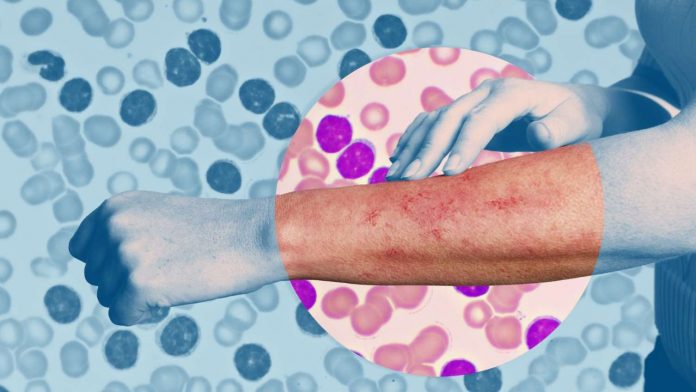A type of a cancer that starts in the bone marrow, which is where blood is made, is blood cancer. It has an impact on how your blood cells work. Leukemia, lymphoma, and myeloma are the three primary types of blood cancer, and in the majority of cases, the growth of an abnormal type of blood cell interferes with the process of normal blood cell development.
Fever, chills, weakness, anemia, joint pain, weariness, and others are symptoms of blood cancer. Effective treatment can be aided by early discovery. Some of the treatment modalities include chemotherapy, radiotherapy, stem cell transplant, surgery, and immunotherapy.
It is essential to be alert in seeing the early warning signals that could potentially save lives through rapid diagnosis and prompt intervention in order to defeat this strong opponent.
There are seven key signs of blood cancer that one must watch out for:
1. Unaccounted-for weight loss
Significant unintended weight loss without any dietary or exercise modifications can be a concerning sign of blood malignancy. If you have significant and unexplained weight loss, you must get medical help.
2. Pain in the bones and joints
It’s important to pay attention to any persistent or inexplicable pain in the back or hips. If you continue to feel pain in these locations, it’s crucial to speak with a medical expert.
3. Constant tiredness
Even after receiving enough rest, experiencing severe fatigue, weakness, or exhaustion on a regular basis may indicate blood cancer. Given that it is one of the most prevalent early warning indicators, chronic weariness must be taken carefully.
4. Prolonged bleeding and easy bruising
Observing bruises that appear for no apparent reason or enduring extended bleeding from small injuries can signify disturbed coagulation, which may be related to blood cancer. It’s critical to get evaluated if you experience chronic bleeding or inexplicable bruising.
5. Breathing difficulties
Breathing issues or feeling out of breath while engaging in routine activities could be signs of blood cancer. It is crucial to get urgent medical care if you frequently have trouble breathing or experience chest pain.
6. Continual infections
Immune system deterioration brought on by blood malignancy increases your susceptibility to infections. It may be a sign of an underlying blood malignancy if you frequently suffer with infections like respiratory or urinary tract infections.
7. Swollen lymph nodes
Swollen lymph nodes, especially those in the groin, armpits, or neck, may be an indication of blood cancer. A healthcare provider should be seen if you have persistent swelling or soreness in these places.

 हिंदी
हिंदी






